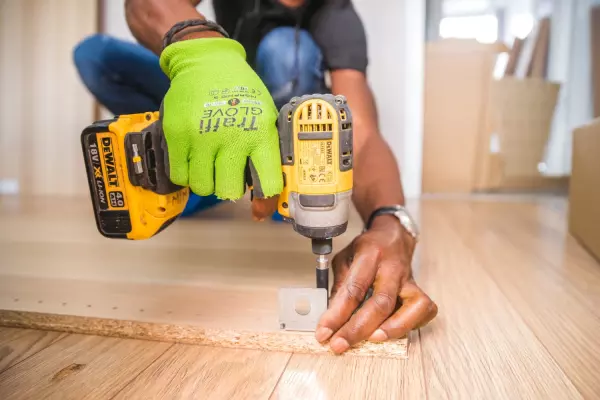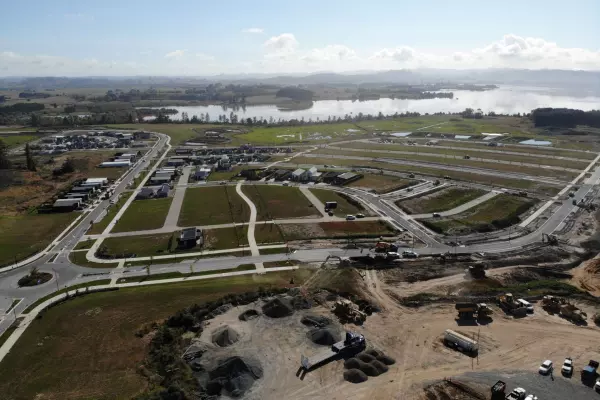How will even more compliance make accreditation simpler for employers? More importantly, how will pricing skilled migrants out of the job market help our economy?
I believe the latest documents from Immigration New Zealand (INZ) reveals troubling inconsistencies and outright hypocrisy.
Last week, INZ announced early details of its Accredited Employer Work Visa (AEWV). The goal of the new accreditation system is to address productivity, skills, and infrastructure challenges and increase the skill levels of migrants coming to NZ.
Accredited employers who wish to hire new migrants under the existing work-to-residence scheme must secure them a work-to-residence visa by the end of October 2021, and unaccredited employers must get accredited first and file by June 30.
Not being on top of those timings could cost employers and migrant workers, and we won’t even have full details of the new system until June or July.
Frustrating false starts
A major source of confusion is that standard and high-volume accreditation are defined by the number of migrant workers hired at any one time.
But it’s not clear what an employer should do when staff numbers increase, necessitating a change in accreditation status.
If you surpass the five-migrant threshold and have to transition from standard and high-volume accreditation, how do you do that?
If you have to go back to the beginning, apply for high-volume accreditation, and that delays the ability for a potential employee to file a work visa, that could produce a lot of frustrating false starts.
Transitioning to the new policy should be made simple for existing accredited employers. They are already acknowledged as good employers by INZ, so INZ should set a low fee and not require much additional evidence to gain standard accreditation.
They could then upgrade to high-volume status as an add-on if needed or just transition straight into high-volume accreditation, regardless of the number of work visa holders on staff. That would be the fair thing to do.
Labour hire companies and other businesses placing migrant workers with third parties must demonstrate that at least 15% of their workforce are New Zealanders in full-time employment.
If you’re operating in an area of a massive skills shortage like construction, you may not actually have that choice.
The job check gateway is clearly intended to make labour market test requirements harder for employers to meet.
Less productive
Only the highest-paying roles will be exempt from labour market testing while reduced requirements will benefit employers in Auckland, Hamilton, Wellington, Christchurch, and Dunedin only.
Cities experiencing rapid growth like New Plymouth and Tauranga will still have the full burden of labour market proof.
Expecting employers to improve productivity is rich, coming from an organisation that makes one decision per day and has a two-year backlog in the skilled migrant category.
From an HR perspective, it will actually make businesses less productive because they’ll be tied up in all the additional red tape of a multi-stage process just to get a work visa launched. I expect we’ll see a lot of casualties along the way, and businesses will end up having to seek help or, at worst, question whether it’s worth carrying on.
The reform is intended to protect migrant workers from exploitation, yet it doesn’t apply to all migrant workers – only skilled migrants.
Companies can still hire students or migrants with open work visas without needing to be accredited.
If INZ really wanted to protect migrant workers from exploitation, they would create a skilled work visa not linked to individual employers rather than reinforcing it, as they are doing here. It would be simple to create a work visa with conditions that link a work visa holder to an occupation in a certain region, for example, carpenters in Auckland.
The current system denies migrant workers the ability to seek better terms and conditions by making it hard to change employers.
It also adds to the employer’s workload when trying to hire, particularly in sectors with chronic skills shortages.
Why are migrants less deserving of the ability to improve their pay and conditions than local workers?
The new accreditation system is aimed at getting employers to focus more on training, which isn’t a bad objective.
But for some jobs, training will not address what makes it difficult for employers to fill that vacancy – New Zealanders don’t want to do the work.
If New Zealanders don’t want a job because it’s not aspirational to them, no amount of pay or upskilling is going to solve that.
The reality is that many young New Zealanders don’t want to go into retail, hospitality, or aged care because they don’t see it as a long-term career.











